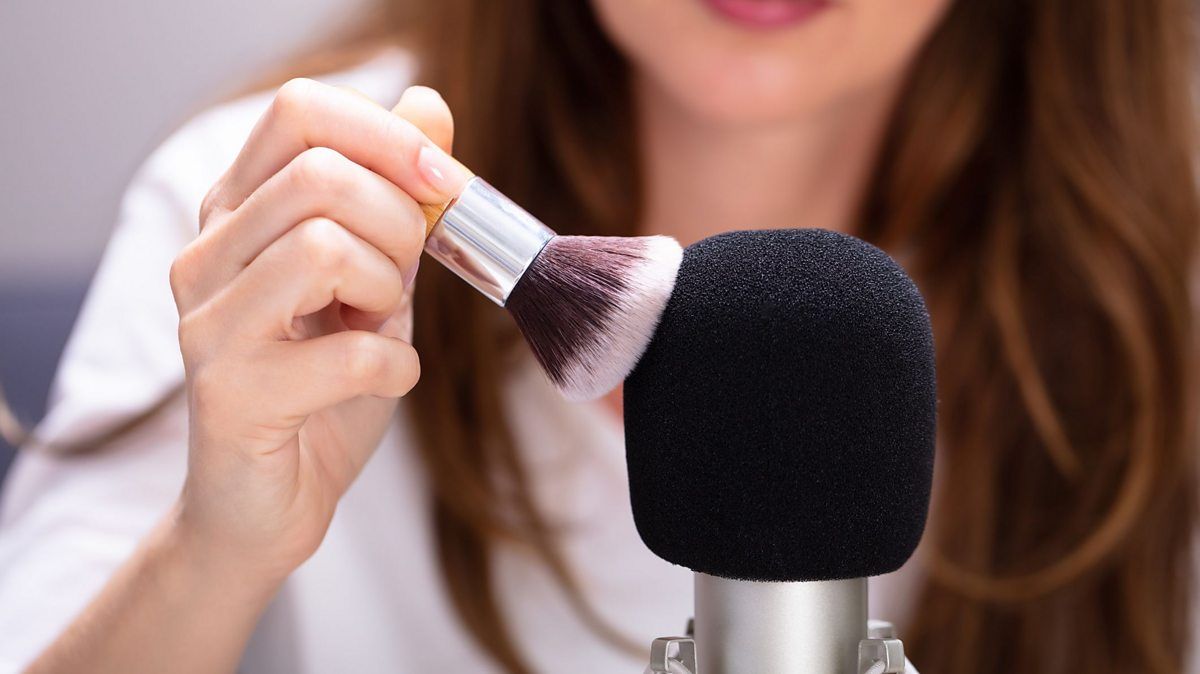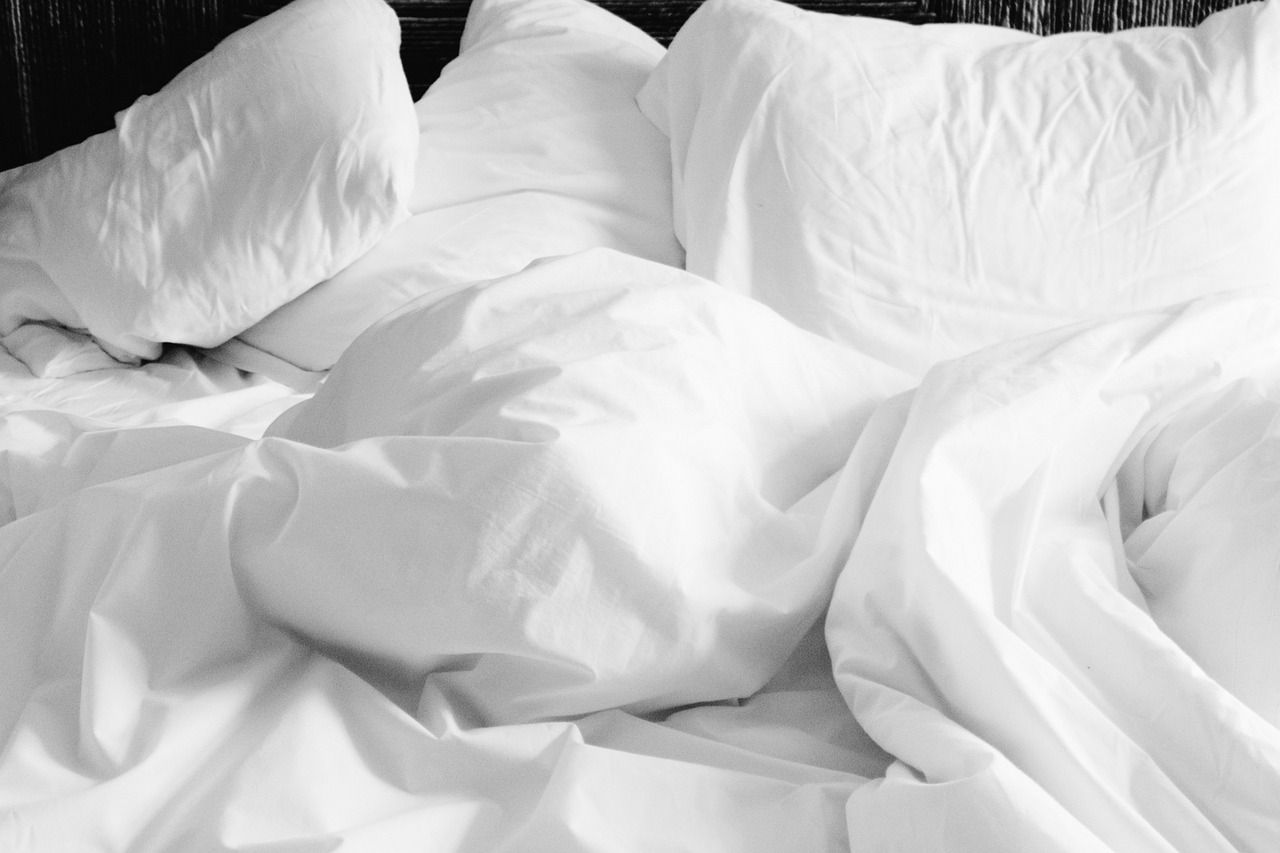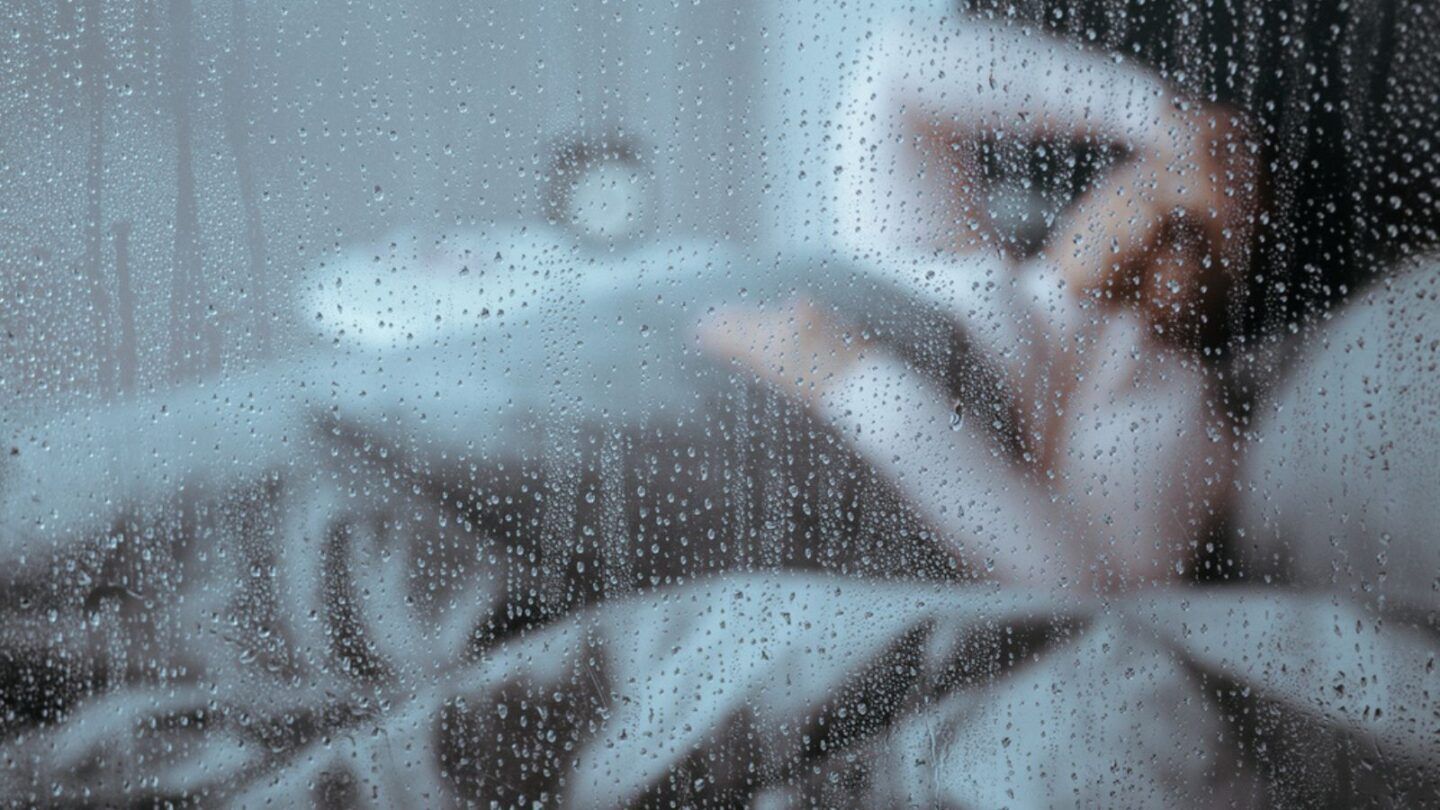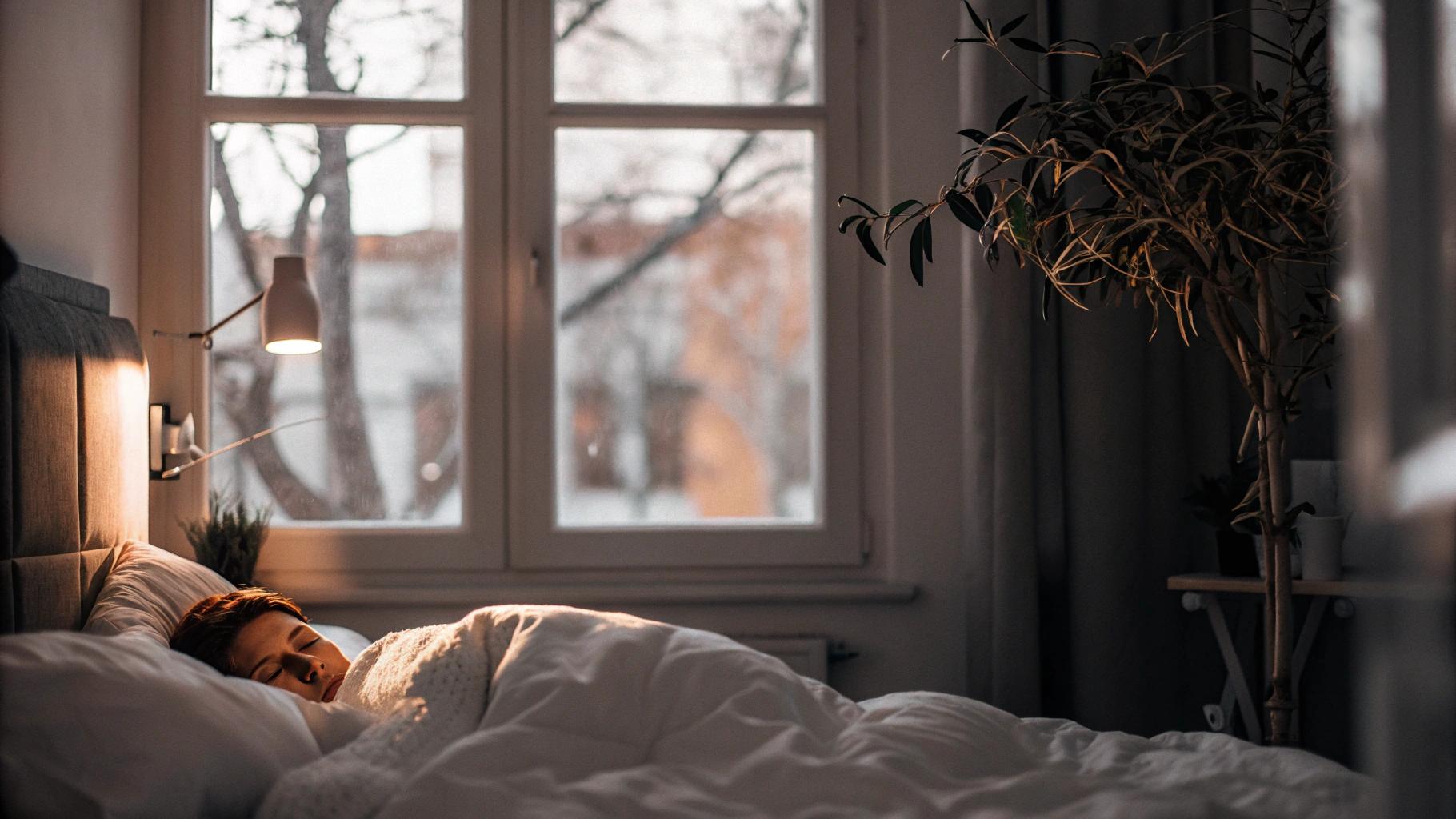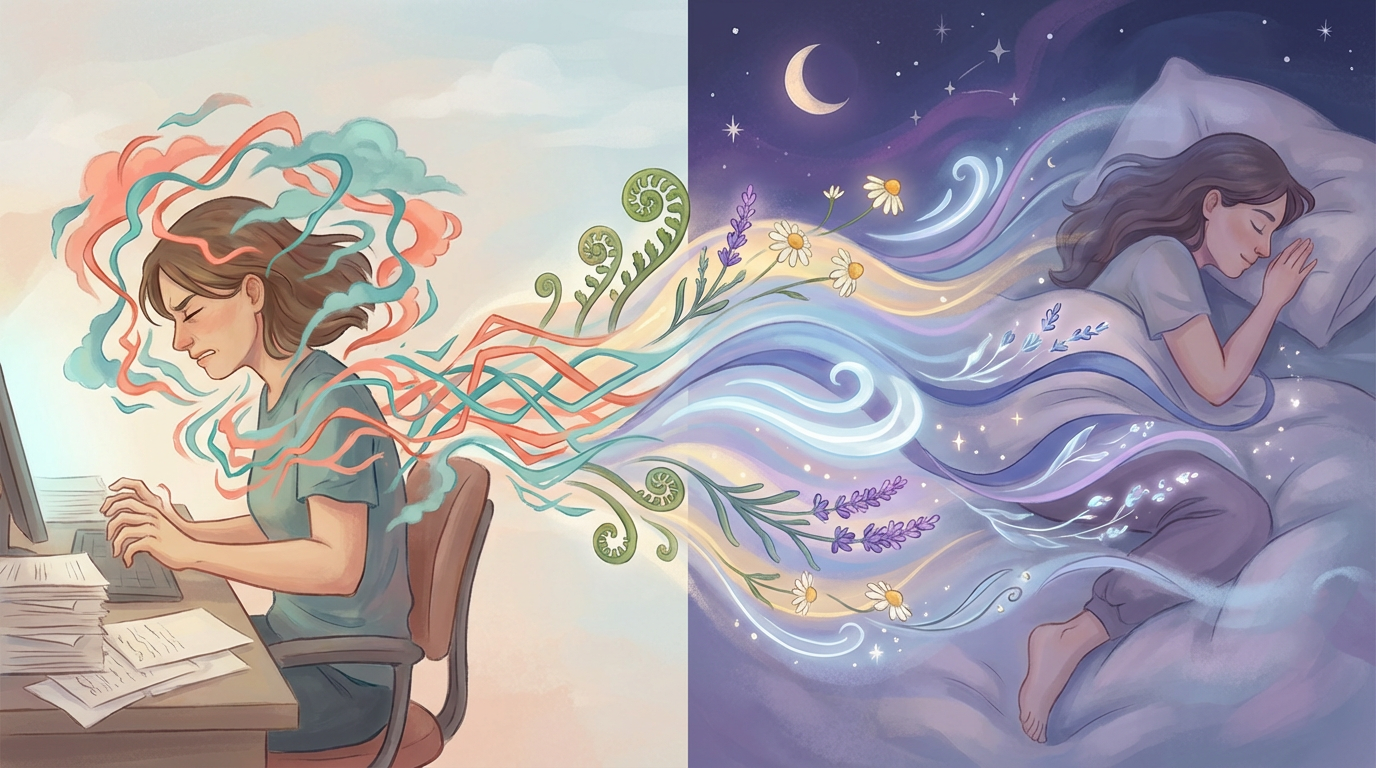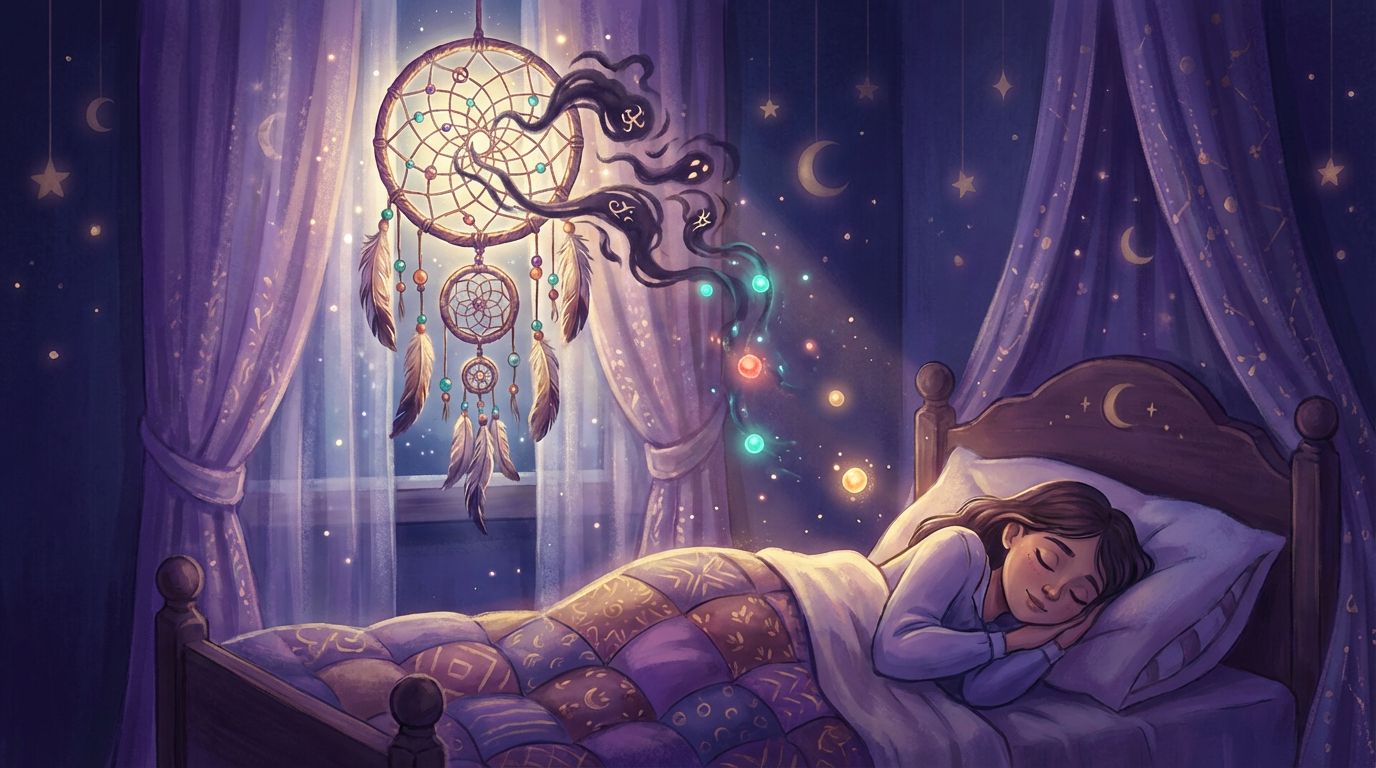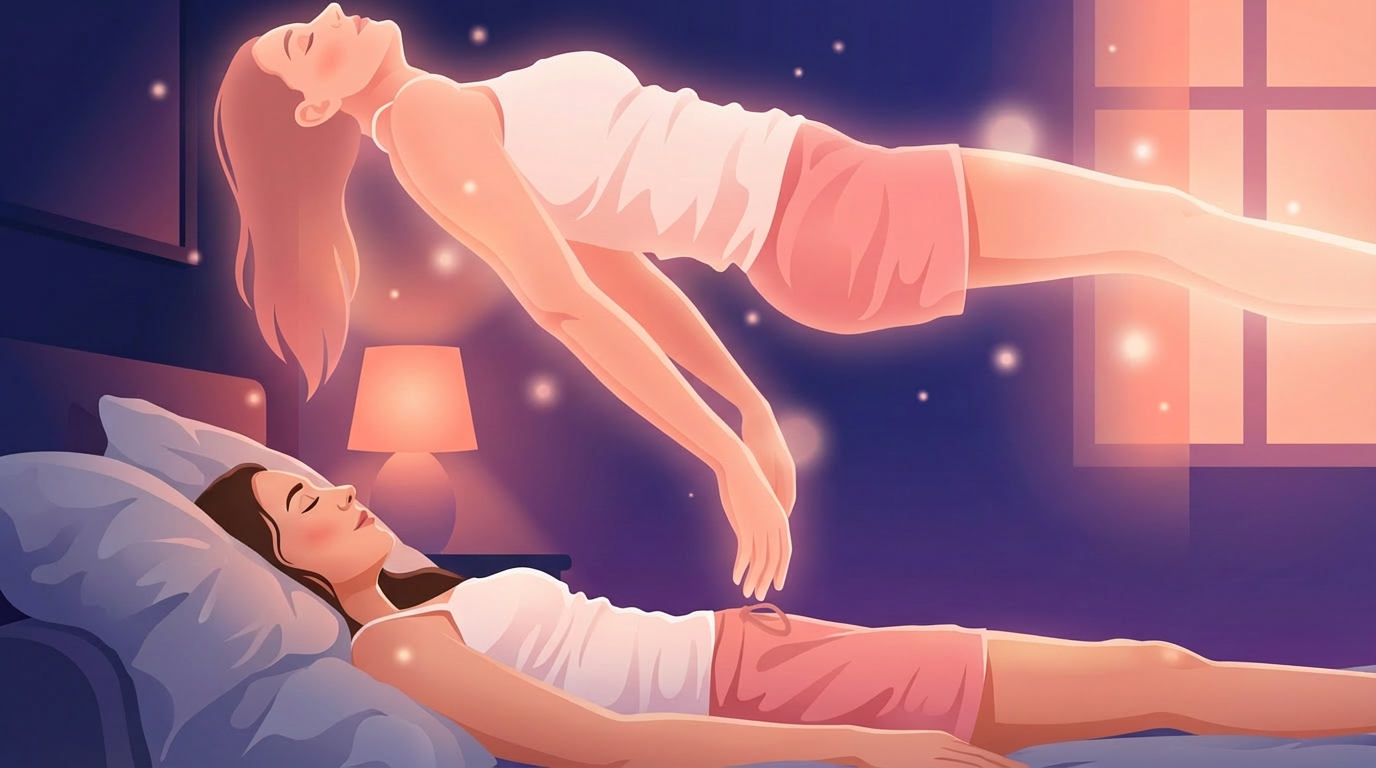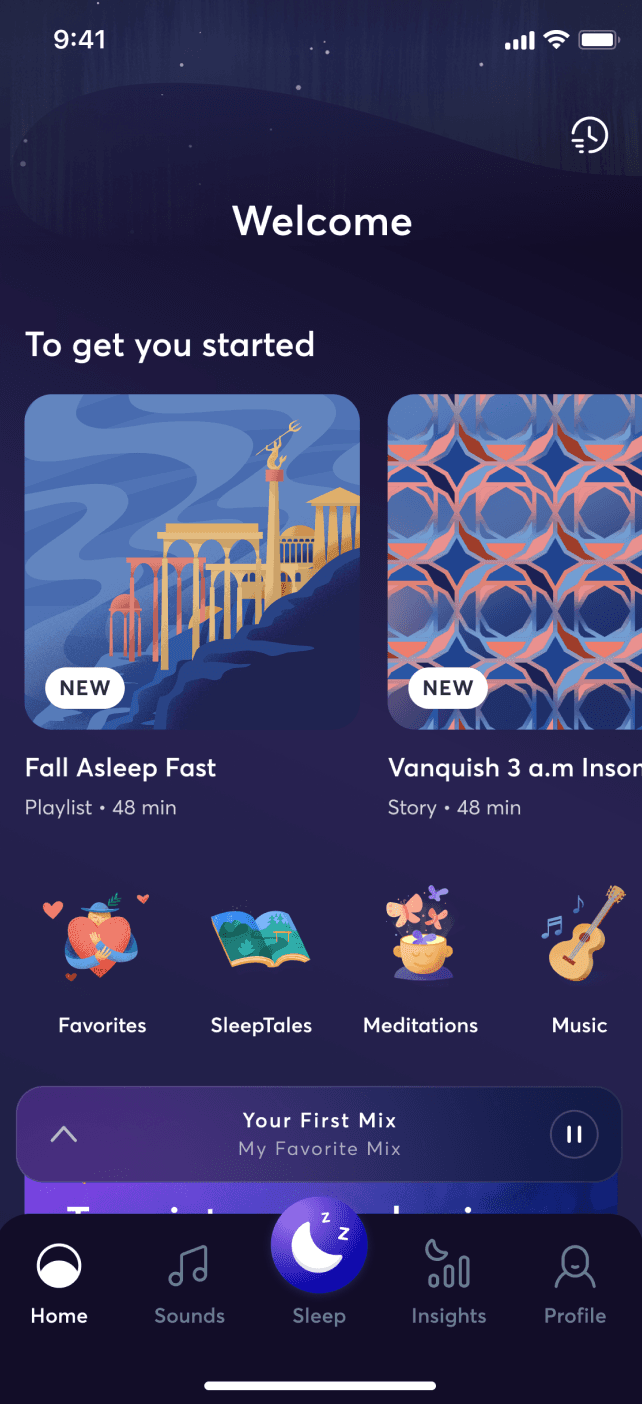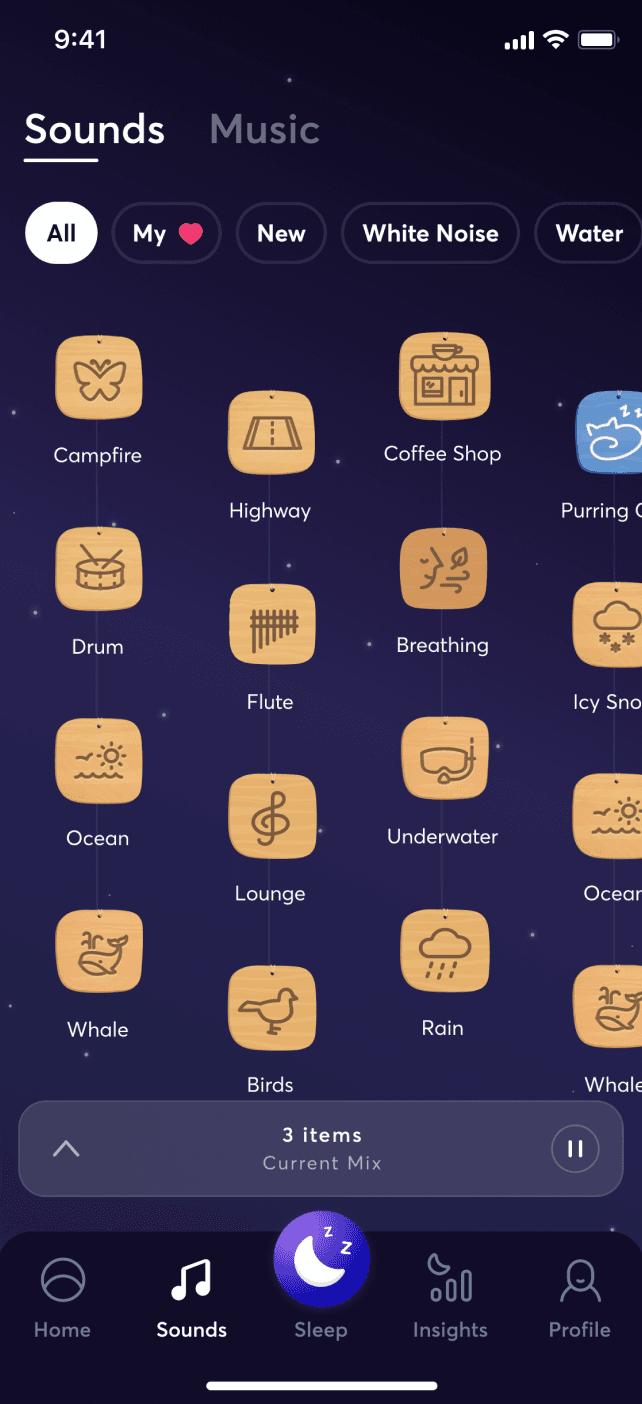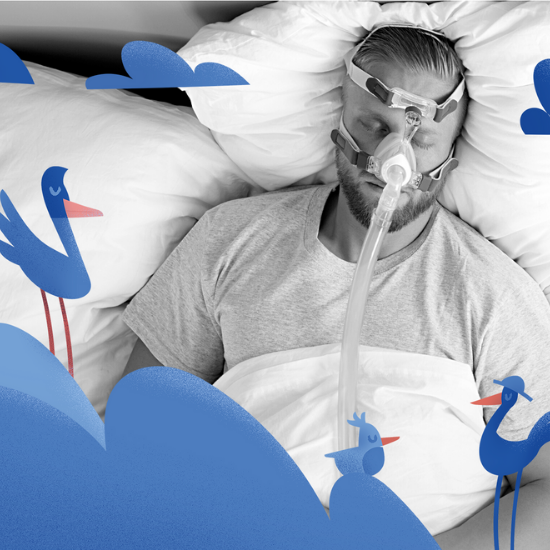
Diagnosing Sleep Apnea
Sleep apnea is a sleep disorder that causes you to stop and start breathing throughout the night. Some of the main signs are loud snoring and waking often or generally feeling unrested. These are not always enough to know that you have the condition. A sleep test is the definitive way to diagnose this condition.
What Are the Warning Signs of Sleep Apnea?
A diagnosis of sleep apnea begins with signs you or a partner notices that lead you to see your doctor:
- Stopping breathing at night
- Loud snoring
- Gasping to breathe while asleep
- A dry mouth upon waking
- A headache in the morning
- Excessive sleepiness during the day
Diagnosing Sleep Apnea
Your doctor will examine you, take a description of your symptoms, and consider your medical and sleep history. They will then most likely refer you to a sleep specialist where you’ll undergo a sleep test or study, also known aspolysomnography.
While home sleep tests might be enough in some situations, others require the a sleep test in a sleep lab for diagnosis. Here’s what to expect in a sleep lab:
- You’ll be staying overnight in the lab. You can bring everything you normally need to sleep at night, including your own pajamas.
- The room should look and feel more like a hotel room than a lab to help you feel comfortable. You will have a room to yourself and your own bathroom.
- The technicians working on your test can see you through a camera and will be able to talk to you throughout the night if necessary.
- Once you’re ready, the techs will fit you with sensors connected to a computer.
- The sensors measure brain waves, heart rate, eye movements, breathing, blood oxygen, and movement while you sleep.
You will go home in the morning and have an appointment with the specialist later to discuss the results of the test.
Can a Person Have Sleep Apnea But Fail the Sleep Apnea Test?
You might get abnormal or inconclusive results from a sleep study. This is most likely to occur with an in-home test. If it doesn’t conclusively show you have sleep apnea, you will probably need to undergo polysomnography in a sleep lab.
Does Sleep Apnea Go Away?
Getting a diagnosis is so important because this is a chronic condition that does not resolve itself. Some lifestyle changes to get better sleep can help, like practicing good sleep hygiene, losing weight, exercising, avoiding alcohol and sleeping pills, and quitting smoking.
Your sleep specialist will probably recommend you try a CPAP machine. This is a mask and machine that provides positive air pressure to keep your airways open as you sleep. Surgery is typically used only if a CPAP or other devices do not work.
Is Central Sleep Apnea a Neurological Disorder?
There are two main types of sleep apnea: obstructive and central. In obstructive sleep apnea, muscles at the back of your throat relax, causing the airway to narrow or close. In central sleep apnea, which is less common, your brain fails to send the correct signals to the muscles that allow you to breathe.
What Are the Effects of Long-Term Sleep Apnea if Left Undiagnosed?
Don’t hesitate to get a diagnosis for sleep apnea. Left untreated, this sleep condition can cause tiredness and fatigue, which can lead to accidents. It also increases the risk of high blood pressure, heart disease, type 2 diabetes, and poor liver function.
Diagnosing sleep apnea requires a sleep study, but it’s easy to do. Sleep centers make it as comfortable and unobtrusive as possible. The sooner you get a diagnosis, the sooner you’ll sleep better.

